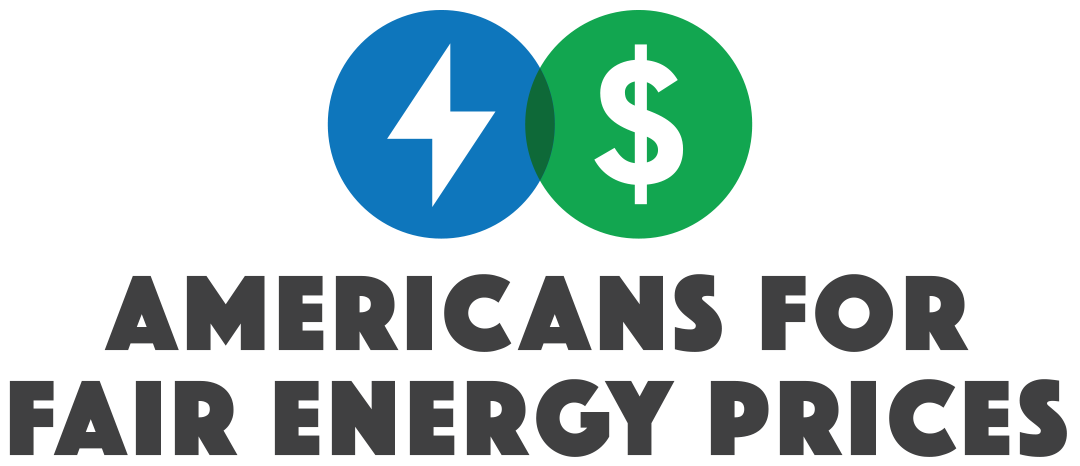Iowa Poll: Voters See Right of First Refusal Legislation Raising Electricity Prices and Increasing the Power of Incumbent Utilities
February 14, 2024
A poll released today regarding Iowa legislation that would increase incumbent utility control over the state’s electric power grid shows that voters overwhelmingly do not support the idea.
Conducted by national polling firm TargetPoint Consulting during the period of February 2-8, the poll found that a supermajority of Iowa voters agree that legislation called Right of First Refusal has many downsides for consumers. The legislation would limit competition on who can build electric transmission lines – the large powerlines that carry electricity from power generating facilities to your local utility – and essentially automatically grant current incumbent utility providers the right to build any new transmission lines in their service area instead of allowing a competitive bidding process to take place.
Results of the poll also show that:
83% of voters agree that in a time of high inflation and high electricity rates, state legislators should be fighting to decrease costs for constituents and not raising them by implanting anti-competitive legislation.
83% agree that ROFR will increase power of utilities and want legislators to act in interests of citizens.
82% agree that Right of First Refusal laws have been thrown out by federal courts, we don’t need to be spending more money on lawyers and lawsuits when it could be going to fund schools, roads and other projects.
79% agree that eliminating competition drives up costs for everyone.
74% agree that by enacting Right of First Refusal laws will let government handpick which companies will get billions of dollars from consumers to build transmission lines and flies in the face of what makes this country great - free-markets and open competition.
Many organizations representing business, major industries and consumers across Iowa say eliminating competition in any form would drive up costs of transmission projects. Those costs are then borne by customers in rate increases.
